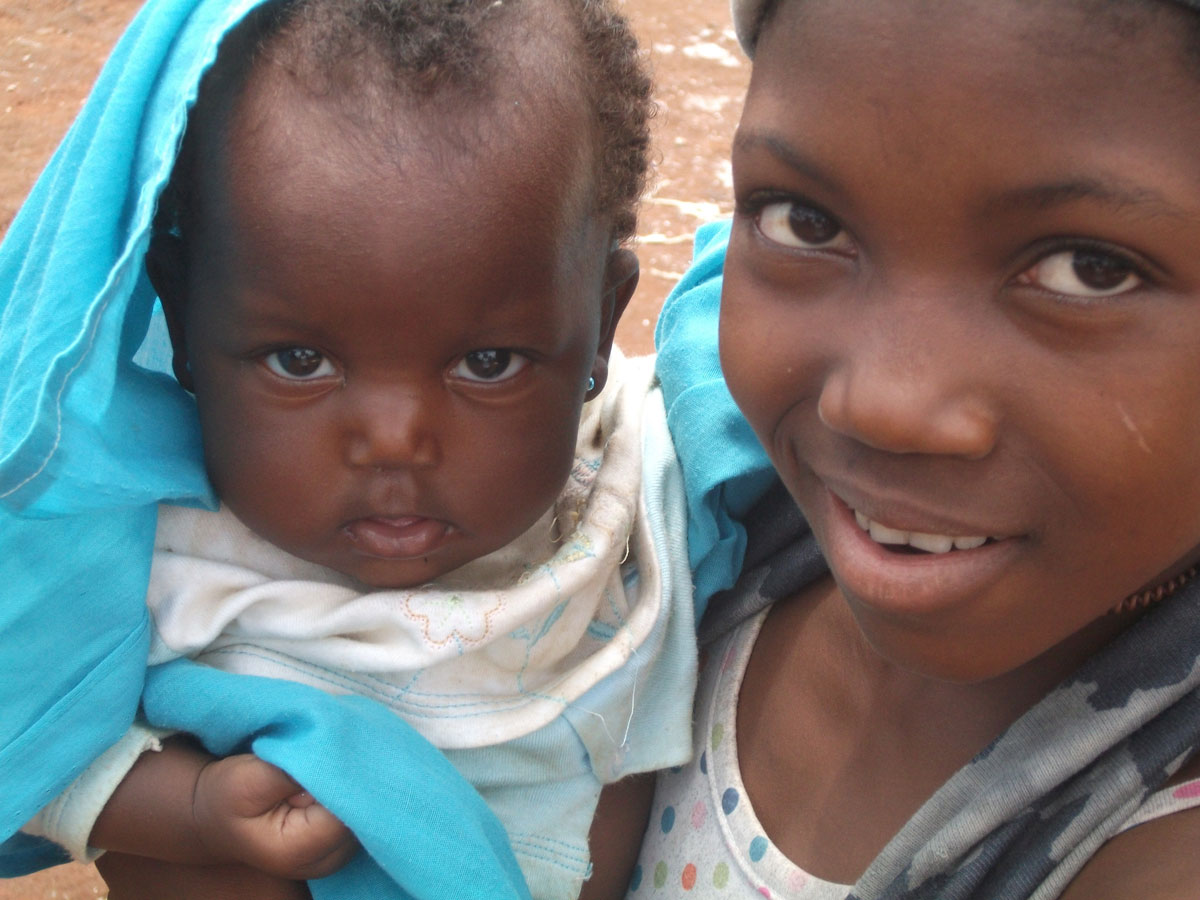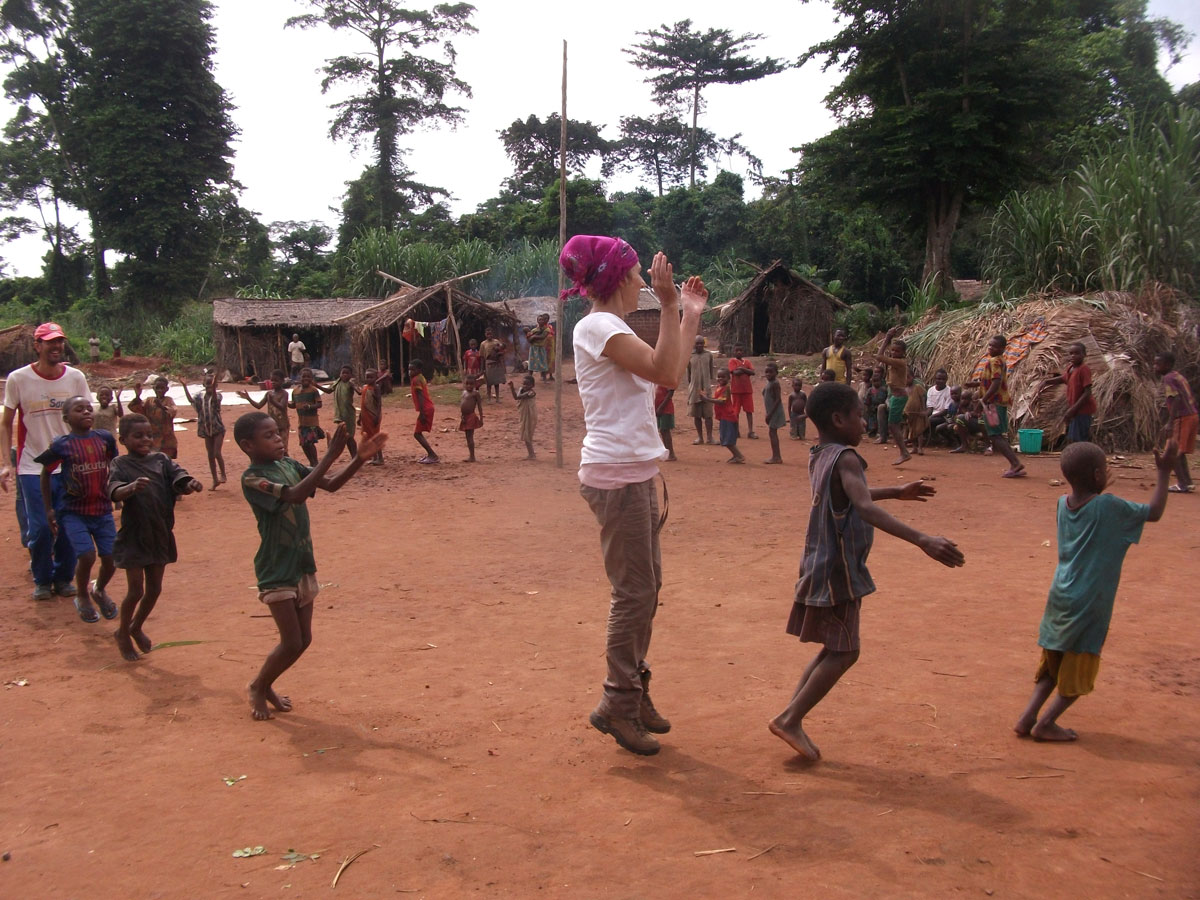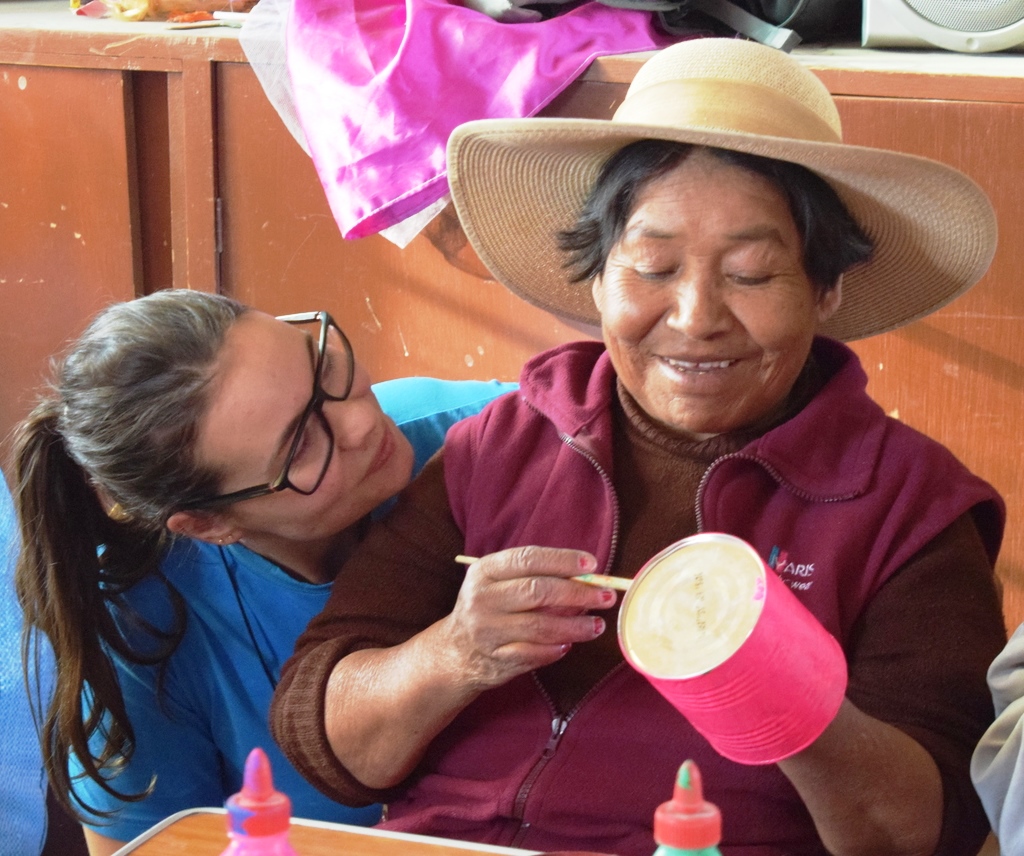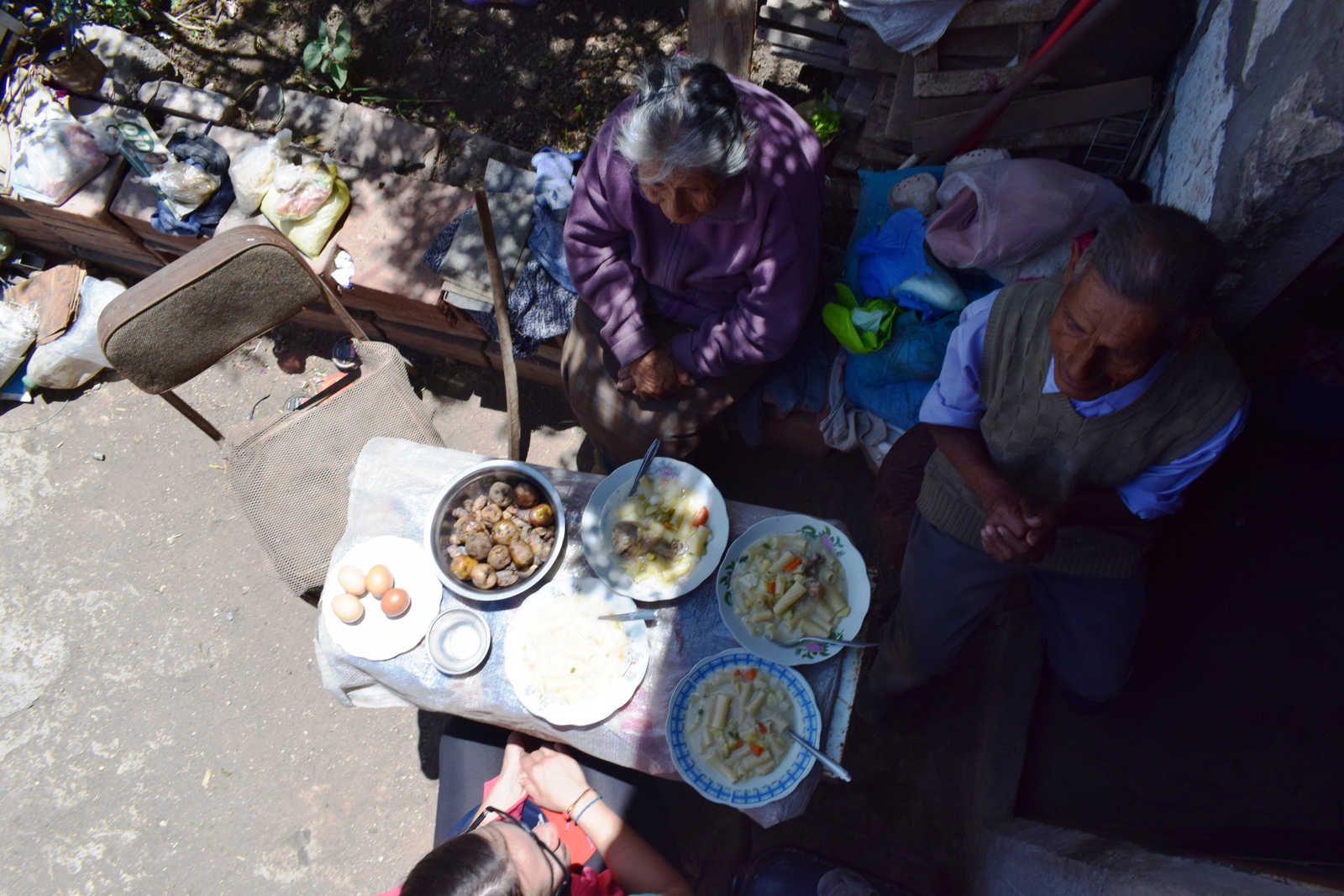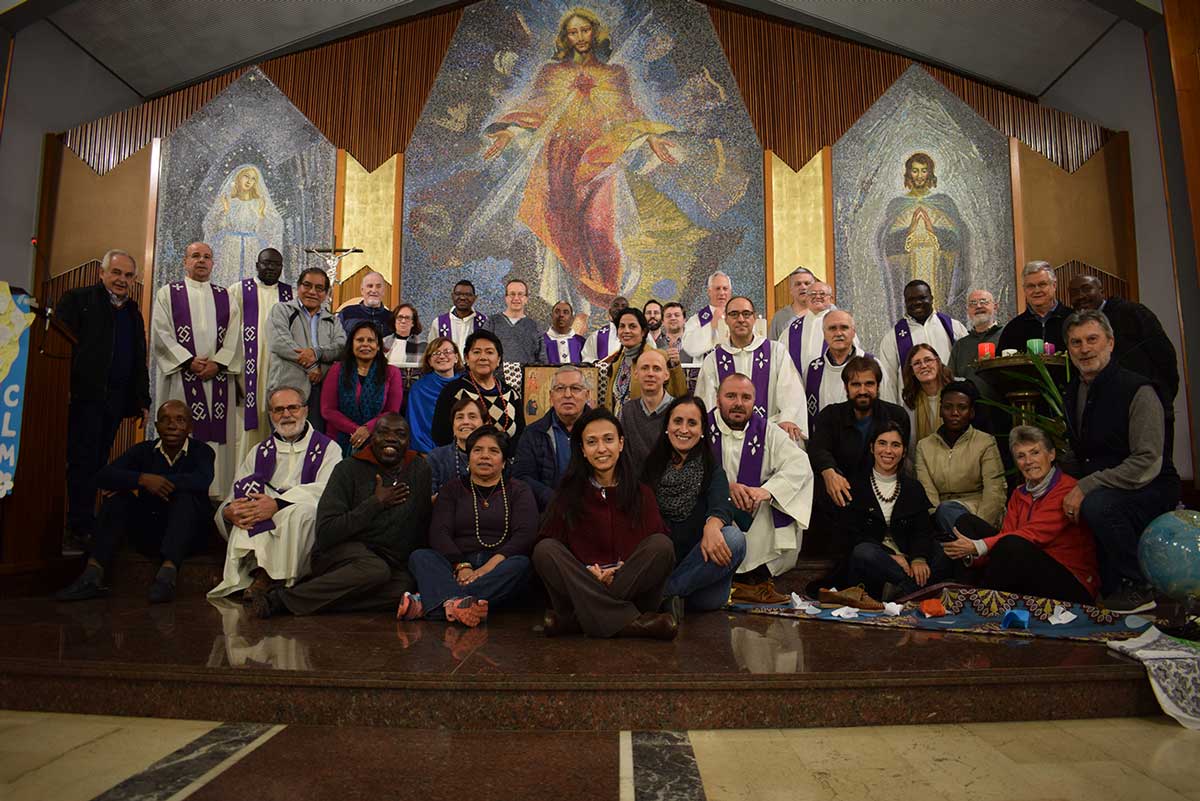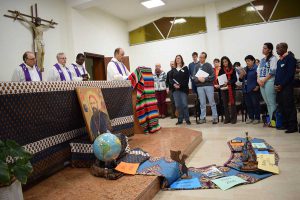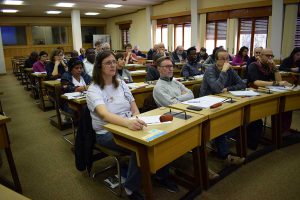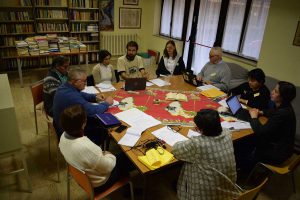We have observed many times a truck carrying a heavy load climbing a mountain. In the sloping side of the mountain the driver has little work to and in the climbing lane, there is a lot of smoke that comes and a keen attention is needed by the driver to manage the climbing lane. The driver is determined because he knows the lane will end and he will relax and so he does not give up in his task of taking the goods to the required destination. I can confidently compare our Christian life to this scenario of a truck driver who has to engage all the gears according to the task to be accomplished. Many times in our Christian life, we meet people who tell us it is very hard to follow Christ. Once they have made up their mind to follow Jesus, they are faced with situations that make them lose heart and they feel the fire in them that burns for love of God is getting weak and weak. Our Christian life comprises of many obstacles we meet. Much as we have faith in God and promise to maintain closeness to God at all times, there are few things that will give friction to us in the way of our Christian life to love God at all times. God created us in his own image and likeness Gen. 1:27-28. And Jesus came to fulfill this in New Testament when he said …..I have come so that they may have life and have it to the full John 10:10. It may not be easy for us to feel this fullness of life in Jesus on daily basis unless we are aware of our inner and very deep self-rejection. I meet very many cases of self-rejection in my daily work in the hospital and clinics and families with all categories of people both young and old, laity and religious and those who have no faith in God. According to different sources of consultations with patients and general teachings and Catechisms of Catholic Church the writer comes across, he has come up to compile these as some of the causes of self-rejection affecting our love for God. These causes when we dig deeper to find out the details are the same regardless of who is the person presenting with these scenarios affecting all people of all walks of life.
How can I know I have self-rejection?
- When I sense in myself lacking something, not being satisfied in what I am, my family origin, my tribe and race, colour of my skin, my social status, my work and many others. In this case God cannot find a way to use his love in me since I lack self-esteem.
- Being unsatisfied with the way God created me being black, brown or the colour of my skin, short or tall, fat and thin. When we witness fat people wanting to become thin and vice versa and many other related issues on how we were created, then we are witnessing self-rejection in such a person and such self-rejection shall be carried to other people like children, spouse, siblings, community, work place and others.
- Sometimes a person feels being condemned by some inmost thoughts and this makes them feel guilty and condemned and such people fear to be called upon and it is worse in cases of taking up a responsibility.
- We also witness people who develop “I do not care” attitude with extraordinary boldness and such people are usually headache to the Community.
- Being closed up to others and a person does not want to be open to others and want to be separated from others at all times and covering everything from others.
- Feeling of need of total isolation/loneliness from others, feeling of peace when alone at all times and this loneliness cannot be equivalent to solitary life in any measure. Such people are glued to their phone, television, News Papers, radios, novels any other thing at their disposal all the time.
God created us so that we should enjoy the company of one another but not to be segregated or isolated from one another worse in our communities and families.
Some causes of self-rejection
This can be as a result of some other things not only limited to such as;
- Unwanted child in the mother’s womb which extends up to later years in life, this worse happens when some girls conceives in school/University, thereby dropping out of school
- When a child is born in unwanted place; in the family, car, open market place, on the road side a place other than the hospital and not wanted by the father in most cases taking it to be a shame to him and his family
- Family break up commonly in divorce, domestic violence breeding self-rejection and isolation making a child to long for the love of the father/mother all the time and finds no one to give this unconditional parental love
- Missing the love of the father who is always away for job or other social moments without the family, such rejection really enters into the children and torture them in the later years in their lives
- Many parents and guardians tend to compare children/some adults with other people who they judge to be better or even compare them to animals both wild and domestic or people or bad characters in movies. This brings inferiority complex to children who will know they are very useless and have no place in the heart of anybody including their own biological parents
- Child abuse-brutality to children by parents, relatives both physical and verbal abuse that drive many children to the streets commonly in the developing countries like Uganda who end up being victims of HIV/AIDS infections and disease, early child marriages.
- False promises in the hope of marriage which brings about a deep wound of mistrust of any person since love has been betrayed or abused.
- Experience in war seeing people being killed, women and girls being raped and being forced to abuse own parents, siblings in terms of rape and murder perpetrated by people well known to the community and some are prominent in the society including the Church.
All these will bring doubts about God and meaning of life to the victims and the family members. All these above issues in a very long time in life sometimes late into adulthood can breed the 5 Demons in our life or in the life of others called Hatred, Fear, Irrational fear, Feeling of being inferior and Persecution Complex/Self-pity
These 5 demons cause the following in our lives or lives of others;
- Hampers us to see what is bad in ourselves and so we fail to see our own mistakes
- They make us to see other people as being bad to us but we are the good ones always
- Projection of problems i.e. telling your own problem in another ones name-give him/her money
- Leads to psychological diseases such as; ulcers, Asthma, High Blood pressure, headache and many others
Unless the inner causes are removed with prayers of repentance and counselling which are normally combinations of very many factors, you will never get rid of self-rejection in life. We should never take prayers as magic like you want food and there it is which is all about testing God.
Let us look at the manifestations of these 5 demons in our life;
HATRED
- Do I have the spirit of revenge when I am offended?
- Am I so critic of others i.e. negative criticism?
- Do I take myself better than others?
- Do I enjoy when other are suffering?
- Am I impatient with the traffic lights?
- Do I get annoyed when someone drives badly?
- Do I oppress the weak?
- Do I enjoy having people under me?
- Do I enjoy humiliating others?
- When I get problems do I get the solutions in others? When someone dies so and so is the one responsible for this….as many always say.
- Do I have the spirit suspecting others that they talk about me, i.e. they are looked down always
- Am I jealous of other peoples’ way of walking, dressing?
- Am I inclined to flattering others or mocking them by saying good things without meaning it?
- Do I have aggressive thoughts, actions, words, intolerance about opposite opinion?
IRRATIONAL FEAR
- Do I move backwards when I get a task?
- Do I feel the temptation of letting go of something that bothers me i.e. escape from others or reality?
- Do I feel inferior in the presence of my Superiors?
- Do I feel suffering while keeping quite i.e. suffering in silence?
- Do I fear to depend on others? We see forest is made of different trees, crippling plants on big trees to reach to the sunlight. It is not avoidable to depend on others.
- Do I refuse collaboration with others?
- Do I need my radio or television on in order to distract myself in fear of silence?
- Do I have fear of future or am I superstitious?
IRRATIONAL FEELING OF GUILT
- Do I feel there is sin not forgiven?
- Do I have something in the past that I hide from everybody and which I do not want to think about, speak about or even discuss about?
- Do I seek to be under cover when I am alone, with others?
- Do I always have doubts about my moral abilities?
- Do I do or feel doing something against my nature?
- Am I scrupulous with my moral life?
INFERIORITY COMPLEX
- Do I prefer to be alone? One who builds near forest if he/she is accused of being a night dancer, no one will deny it (African saying)
- Am I agitated to others or want to be alone all the time?
- Am I susceptible or critical of others in all matters? First remove the plug in your eye as the Lord tells us Mathew 7:5
- Do I get depressed easily?
- Do I give excessive importance to others for their success?
- Do I humble myself to others who are inferior to me, not experts in my field and in all matters seen? This is sickness!
- Do I seek compensation in dreaming of things that are impossible to get?
PERSECUTION COMPLEX
- Do I internally lament of not being understood by everyone?
- Do I have fear of being rejected or not esteemed in the community?
- Do I frequently speak of injustice or imagined wrongs instead of imagining to solving solutions?
- Is it my habit to grumble about work, places, situations or negative talk?
- Do I always speak about my own merits only i.e. I would have got this, that ……
Way forward
The first step to overcome this is to accept and believe there is a problem with you so that you can seek relevant solution accordingly.
Prayer is the only solution to overcome this problem after seeking spiritual counselling from spiritual director or otherwise. This will energetically and profoundly influence our mind and spirit to be directed towards God.
This will call us to have very deep reflection and contemplation towards God and have a strong will and sufficient love for God. Prayer of conversation/repentance in such circumstances helps to heal/cure our lack of reflection about our activities.
God listens to our prayers and so we need the spirit of perseverance to wait for the will of God in our life as we ask in Faith convinced like a farmer who plants maize and will expect maize to germinate and give yield with good harvest at the end which will all take time and patience. We also need to remember that our prayers and answers will correspond to our actions in order to collaborate with God.
Our Spiritual Fathers give us a beautiful lesson about such challenges in life when they say: “Happy is the man,” says the dear St. Francis of Assisi, “who does not worry, nor grieve himself, about anything in this world, but leads a holy life, without any inordinate attachment, and abandons himself cheerfully to the will of God.” This is very true because we get troubles with ourselves when we are attached to material things or worldly pleasures and fame which all are pride and self-centeredness that drive us to oppress and deprive others of their due praise and recognition. St. Francis of Sales, knowing that all the accidents of life, without exception, happen by the order of Providence, reposed in Him with the greatest tranquility, like a child on the bosom of its mother. This gentle saint was filled with so great a confidence in God that in the midst of the greatest disasters nothing could disturb the peace of his soul. “I cannot but be persuaded,” he often said, “that he who believes in an infinite Providence, which extends even to the lowest worm, must expect good from all that happens to him.” In the same spirit, St. Vincent de Paul exhorts us: “Let us place our confidence in God and establish ourselves in an entire dependence on Him. Then fear not what men may say or do against us all will turn to our advantage. Yes, if all the earth should rise up against us, nothing will happen but as God pleases, in whom we have established our hopes.” Says the author of the “Spiritual Combat”: “Nothing is impossible to God, since His power is infinite. Nothing is difficult to God, since His wisdom is equally infinite. Therefore surrendering through prayers to allow his will be done in all that happen to us is the best offering we can give to him in our Comboni Lay Missionary activities we have committed to do. God desires our good with an infinite desire, since His goodness is without limit. We are told that God does not send us to carry a burden beyond our bear and he is aware of all that happens to us and we just say with our beloved Mother Mary let your will be done to me according to your will, Luke 1:38. What can be more stretched is a blessed secret this, of living by the day that is to say live each day the way it comes, one at a time. Anyone can carry his burden, however heavy, till nightfall. Anyone can do his work, however hard, for one day. Anyone can live sweetly, patiently, lovingly, purely, until the sun goes down. And this is all what life ever means to us — just one little day at a time “Do to-day’s duty; fight to-day’s temptations, and do not weaken or distract yourself by looking forward to things you cannot see, and could not understand if you saw them.”( Lasance, F. X. (Francis Xavier), 1860-1946. My prayer book; happiness in Goodness: Reflections, counsels, prayers and devotions. New York Benziger Bros). God gives us nights to shut down upon our little days and we should always remember to thank him for the gift of each day regardless of what the day has for us both good and bad, all of which has a purpose for us to identify God from what is happening to us each day.
St. Daniel Comboni beautifully puts it to remind us in our Missionary journey that: All crosses and adversities will only serve to strengthen the Spirit of the members, who are faithful to this holy task and determined to put the mission on the road of certain prosperity, because the works of God have always been born and grown at the foot of Calvary (Cross) and must, like Jesus, go through the process of passion and death in order to reach the Resurrection (St. Daniel Comboni Message MDC 236). When we have this saying in front of us in all moments of our life, we shall embrace all sufferings with open arms as Comboni Lay Missionaries knowing well that there is no Easter without Good Friday. Let us be strengthened by our weakness to find God in all that we go through as his followers and imitate our most beloved Mother Mary placing ourselves to the working of the Sacred Heart of Jesus in our life under the inspiration of St. Joseph our model in family life.
May we be there for each other to hold our hands when hard moments come to us in our daily Christian journey while daily singing our beautiful Hymn…I have decided to follow Jesus…..no turning back, no turning back…. May we always be one in Jesus Christ our Lord…..Amen!
Ezati Eric
Comboni Lay Missionary, Uganda





